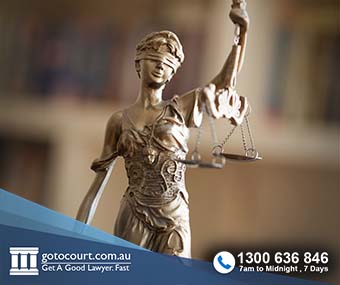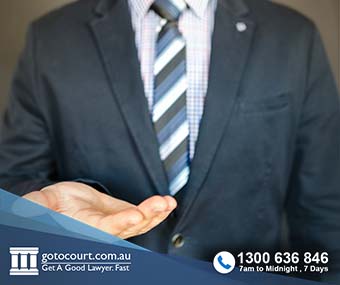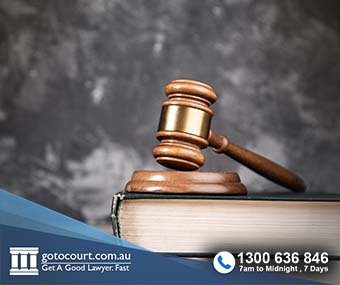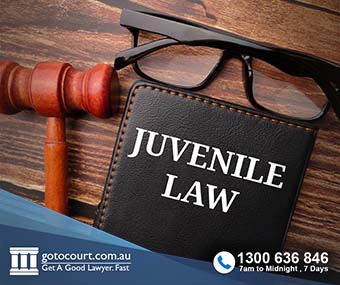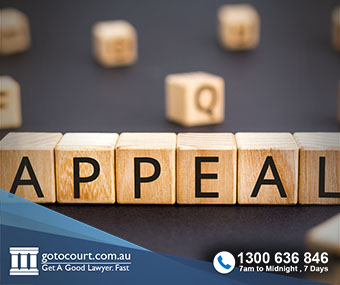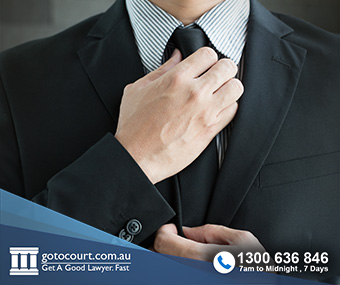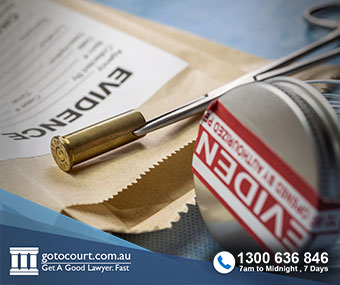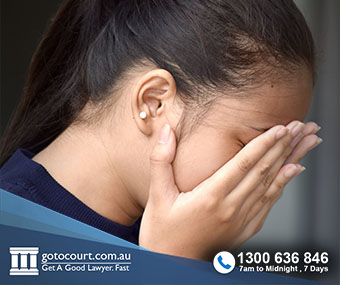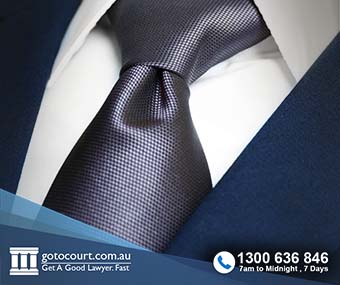Private Prosecutions (Qld)
Private Prosecutions (Qld)
A private prosecution is a prosecution where the victim of an offence, rather than the state, prosecutes the alleged offender. In Queensland, private prosecutions can be initiated by natural persons or by corporations.
Private prosecutions usually occur when the police have chosen not to prosecute an alleged offender after receiving a complaint.
A private prosecution can occur in relation to any criminal offence. This includes summary offences (offences heard in the Magistrates Court) and indictable offences (offences heard in the higher courts).
Successful private prosecutions
In February 2020, the Guardian Australia reported that a Queensland woman had successfully prosecuted her former partner for serious domestic violence offences in a private prosecution. The victim took the unusual step of commencing a private prosecution after police refused to press charges against the man.
In 2011, a homeless man successfully ran a private prosecution against the police for assaulting him at a public toilet in Brisbane. The man was originally found guilty of obstructing police and disobeying a lawful direction when he failed to leave the toilet when told to do so. On appeal, this decision was reversed and he subsequently initiated a private prosecution.
Procedure
A private prosecution for a summary offence is commenced by the complainant filing a private complaint in the Magistrates Court. This must be served on the defendant with a summons requiring their attendance at court on the day the matter is listed.
Private prosecutions for indictable offences require leave from the Supreme Court. If leave is granted, the complainant must present an ex officio indictment as per the process set out in Section 686 the Criminal Code 1899. The prosecution then proceeds by the same rules as if it had been commenced by the Crown.
Preparing a complaint or indictment
The complaint must be made in the prescribed form and must include all the necessary information. If a complaint is filed that does not include all the information that is required, it will be invalid.
A complaint alleging a summary offence must include:
- An adequate description of the alleged offence;
- The time, place and manner of the alleged act;
- Details of the particular act or thing alleged as forming the basis of the charge.
The complaint must be supported by sufficient evidence. If the court considers a complaint to be frivolous or vexatious or an abuse of process, it may strike it out.
Representation
A person bringing a private prosecution can hire a lawyer to represent them or they can represent themselves. The defendant can also instruct a lawyer or choose to represent themselves.
Sentence
If a person is found guilty after a private prosecution, they will go through the same sentencing process as any other defendant found guilty of criminal charges. They may be sentenced to imprisonment, to community work, to a fine or a good behaviour bond, among other orders.
Costs
In private prosecutions, the parties must pay the costs of the proceedings. However, in some circumstances the court will make costs orders. Costs may be ordered against the defendant if they are found guilty or against the complainant if the complaint is found to be frivolous or vexatious.
If you receive a private complaint
If you are served with a private complaint, you should take action immediately. Read the complaint and summons carefully and note the date you are required to attend court and contact a lawyer to provide you with advice and representation.
If you require legal advice or representation in a criminal matter or in any other legal matter, please contact Go To Court Lawyers.

Affordable Lawyers
Our Go To Court Lawyers will assist you in all areas of law. We specialise in providing legal advice urgently – at the time when you need it most. If you need a lawyer right now, today, we can help you – no matter where you are in Australia.How It Works




1. You speak directly to a lawyer
When you call the Go To Court Legal Hotline, you will be connected directly to a lawyer, every time.

2. Get your legal situation assessed
We determine the best way forward in your legal matter, free of charge. If you want to go ahead and book a face-to-face appointment, we will connect you with a specialist in your local area.

3. We arrange everything as needed
If you want to go ahead and book a fact-to-face appointment, we will connect you with a specialist in your local area no matter where you are and even at very short notice.


